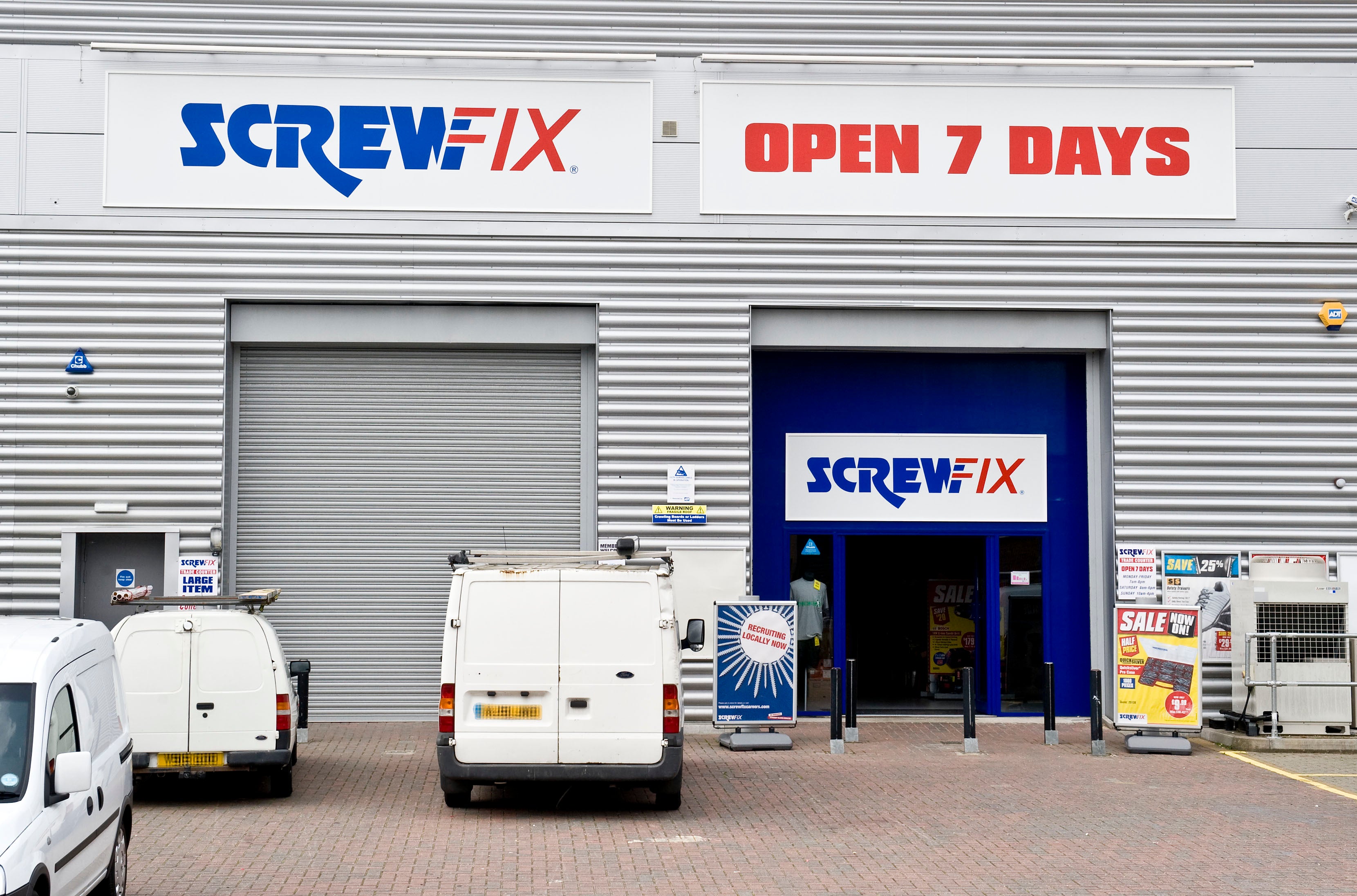Judge rules on latest round of money fight between businessman and ex-wife
James Goddard-Watts, whose family founded the Screwfix chain, and his ex-wife Julia divorced more than a decade ago.

The ex-wife of a millionaire businessman whose family founded the Screwfix chain has lost a High Court argument over company shares – but has been awarded more than £1 million to cover the cost of bringing up their children.
James Goddard-Watts and former wife Julia, who divorced in 2010, have been involved in long-running row over money.
A judge has now ruled on the latest round of that fight.
Sir Jonathan Cohen had considered arguments at a private hearing in the Family Division of the High Court in London earlier this year.
She never sought shares in the company at any stage when negotiations were taking place in 2009/10
Judges were told Mr and Mrs Goddard-Watts, who are both in their 50s, had reached an agreement in 2010 after the end of their 13-year marriage.
Mr Goddard-Watts had agreed that Mrs Goddard-Watts should get a house worth £3.25 million and a £4 million lump sum.
She subsequently complained that he had not revealed the full extent of his wealth.
A judge then concluded that Mr Goddard-Watts had “given a false presentation” when making the 2010 agreement, and in 2016 he was told to hand Mrs Goddard-Watts more than £6 million.
Mrs Goddard-Watts returned to court again in 2018 and made further complaints.
Sir Jonathan has outlined details of his conclusion about those complaints in a ruling published online.
He said one issue centred on “the value and realisation” of Mr Goddard-Watts’ shares in a company he did not name.
He said Mrs Goddard-Watts had claimed that, if she had known the “full picture and prospects” of the company, she might have “insisted that she receive some of (Mr Goddard-Watts’) shareholding in the company as part of the settlement”.
It cannot have been in the contemplation of either party that the whole of the burden of the children's care and upbringing should have fallen on (her) from 2010
But the judge said he rejected that argument for a “number of reasons”.
“She never sought shares in the company at any stage when negotiations were taking place in 2009/10,” said Sir Jonathan.
“The relationship between (them) was so bad that it is inconceivable that a court would have contemplated such a situation.
“(Her) involvement in the business had been negligible.
“There is no prospect that (Mr Goddard-Watts) would have agreed it.”
The judge went on: “In short, I regard this argument as a rewriting of history. It would never have been in (her) contemplation to seek an interest and nor would it ever have been awarded.”
Sir Jonathan said Mrs Goddard-Watts had also complained that Mr Goddard-Watts had not given “full and frank disclosure until the very last moment before the trial started” during the latest stage of proceedings.
He did not criticise Mr Goddard-Watts and said: “I do not find (his) disclosure in this round of proceedings to have been significantly deficient or material to the outcome.”
Sir Jonathan awarded Mrs Goddard-Watts another £1.1 million to cover money she had spent on the care and upbringing of the couple’s two children, who are now adults.
He said the “burden” of the children’s care and upbringing had fallen on her following the end of the marriage – and concluded that she needed more money.
“It cannot have been in the contemplation of either party that the whole of the burden of the children’s care and upbringing should have fallen on (her) from 2010,” said the judge.
“As a result of the disagreement between the parents, all the emotional and physical parenting has fallen on (her).
“I take that into account in my approach to needs.”
He said he considered that an award of £1.1m produced a fair outcome in “all the circumstances of the case”.
